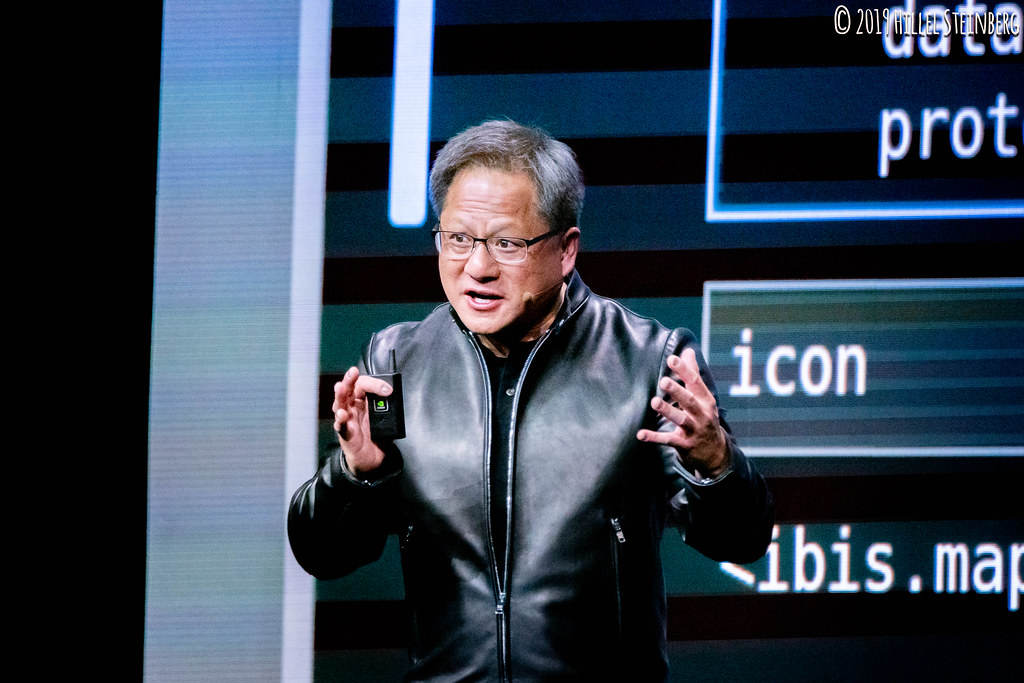
Jensen Huang, CEO of Nvidia, has taken to publicly bashing U.S. export regulations that are preventing high-end computing chips from going to China. Speaking at the annual Computex conference in Taipei, Taiwan, he blasted these rules in front of reporters at a press conference. He referred to them as a “failure,” arguing they hurt American companies and inadvertently accelerate the development of Chinese technology.
Huang’s comment’s come as the Biden administration has ramped up the restrictions, most notably going much farther than any previous administration to restrict semiconductor exports. These measures have sparked a contentious debate within the United States about how to balance global business interests with pressing economic and national security concerns.
Doubts Over Policy Effectiveness
“The fundamental assumptions that led to the AI diffusion rule in the beginning, in the first place, have been proven to be fundamentally flawed,” Huang stated, reflecting a growing skepticism towards the effectiveness of current policies. He stressed that the limitations have pushed Chinese companies to accelerate their investments in homegrown substitutes. That change has begun to create a competitive environment that may one day prove detrimental to our U.S. technological leadership.
These export controls were originally introduced during the Trump administration. Leaders took action, both domestic and abroad, introducing sweeping restrictions on semiconductor exports, due in large part to fears that technology with potential military applications might find its way into the hands of those affiliated with the Chinese central government. In contrast to these earlier measures, Huang observed that the Biden administration’s aggressive stance has triggered significant pushback from various tech companies, including Nvidia itself, regarding policies introduced in the final days of Biden’s predecessor’s presidency.
Nvidia’s CEO pointed out that the current restrictions hurt U.S. companies the most. He further argued that these measures have harmful collateral effects on the broader global tech ecosystem. He noted that the U.S. has greatly restricted access to advanced chips. Consequently, this action has inadvertently fueled a ramp-up in China’s semiconductor industry investment.
Just last month, the U.S. Commerce Department proposed adding new licensing requirements on certain Nvidia chips. In addition to this growing complexity, the export landscape has seen several significant recent developments. Beijing has pushed back hard countering these moves, including threatening retaliation and accusing Washington of violating commitments made in trade talks over the past week held in Switzerland. The Chinese government warned U.S. firms of possible violations related to the use of Huawei chips.
The Trump administration had already tried to liberalize export rules before, by liberalizing sales to China. Simultaneously, it removed all restrictions on Israel and added new restrictions on many other countries. The recent decision to drop extensive Biden-era regulations has facilitated AI-related agreements between firms such as Nvidia and countries like Saudi Arabia.
Author’s Opinion
With global tech rivalry heating up, export controls alone may do more to spur competition abroad than protect American interests at home. Long-term leadership in innovation will likely depend on investment, collaboration, and agility rather than policy barriers alone.
Featured image credit: Hillel Steinberg via Flickr
For more stories like it, click the +Follow button at the top of this page to follow us.
